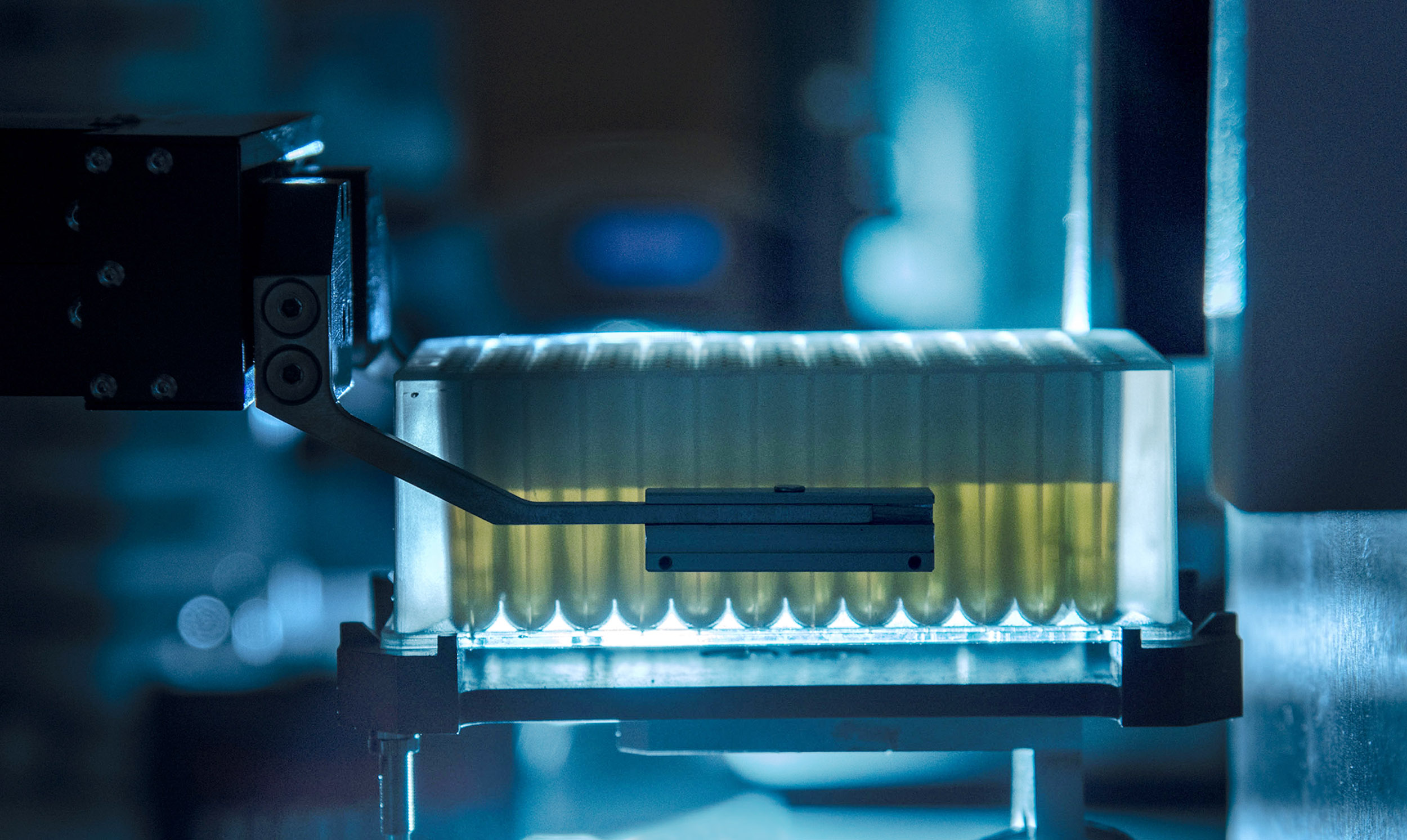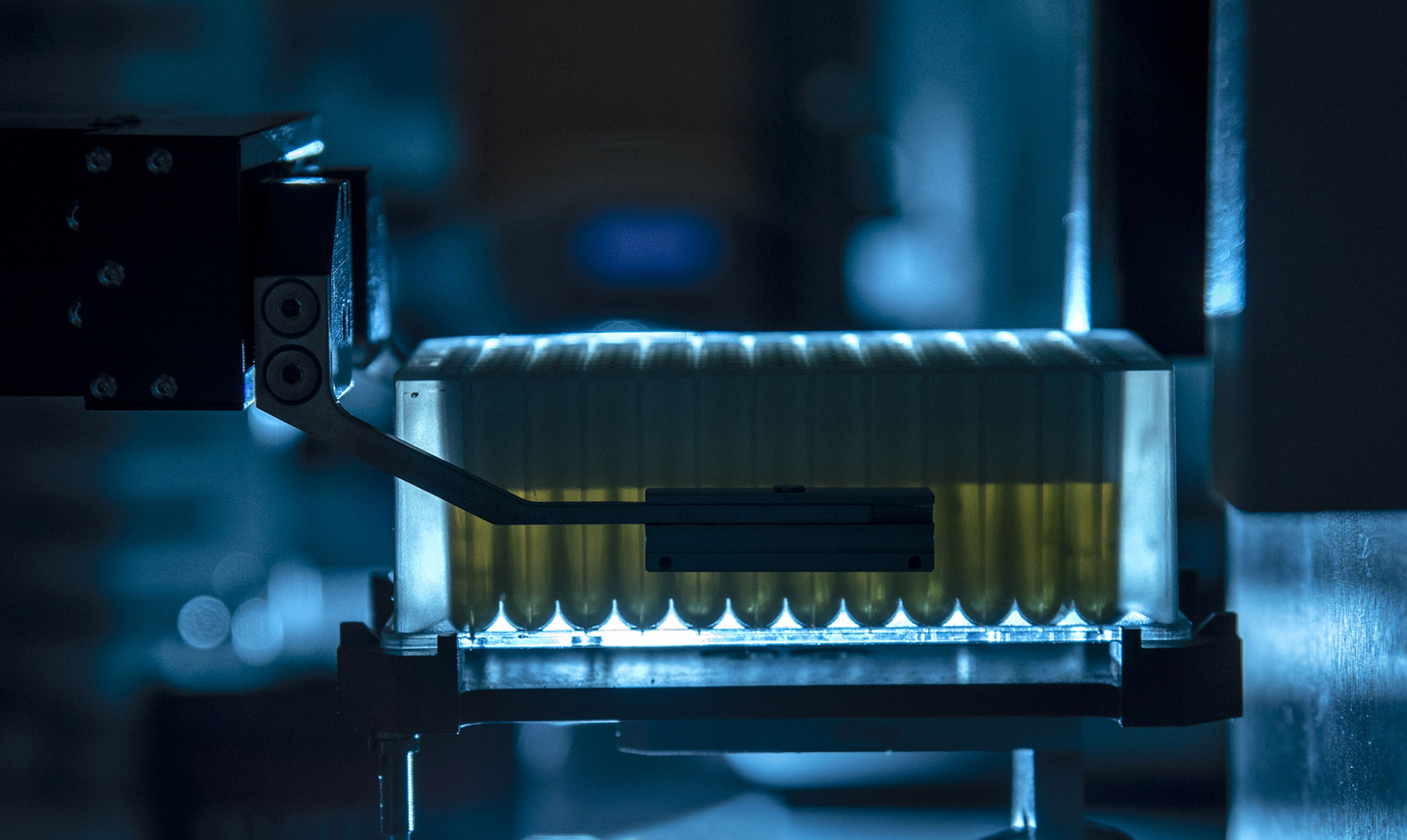New technologies launched the genomic era. Now, progress in genomic research depends on further innovations in the tools that allow us to probe, manipulate, and analyze biological molecules. Whether focused on software or hardware, biomaterials or microfluidics, DNA editors or molecular motors, our technological research pushes the boundaries of the physically possible and paves the way for future discovery.



